Cardiovascular System: Heart Diseases
- MRI safe devices and leads: older implanted devices were considered an absolute contraindication for MRI, depriving patients of the benefits of this important diagnostic imaging modality. Although many of the fears of device malfunction during MRI have been shown to be unfounded, newer devices and leads have been manufactured to ensure safety within the MRI scanner.
- Leadless pacemakers: a recent innovation is the implantation of miniaturised pacemakers directly into the myocardium, avoiding the need for pacemaker leads.
- Recent studies suggest improved outcomes by novel cardiac resynchronization therapy pacing modes (LV only modes).
- Device innovation for MAZE procedures: technologic advances allow reduction of invasiveness of MAZE procedures, such as robotic-assisted procedures, or translate advances in energy delivery developed in transcatheter ablations to the surgical world (cryoMAZE).
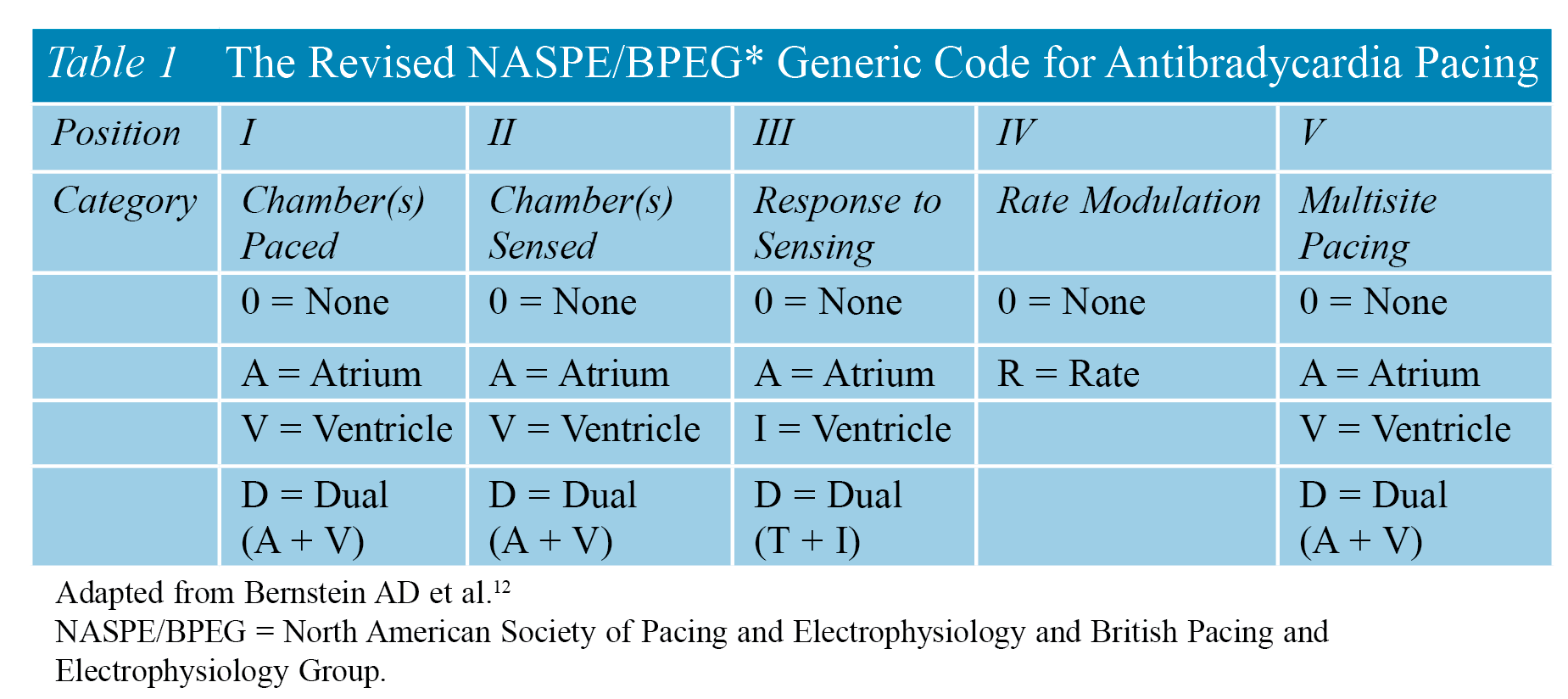
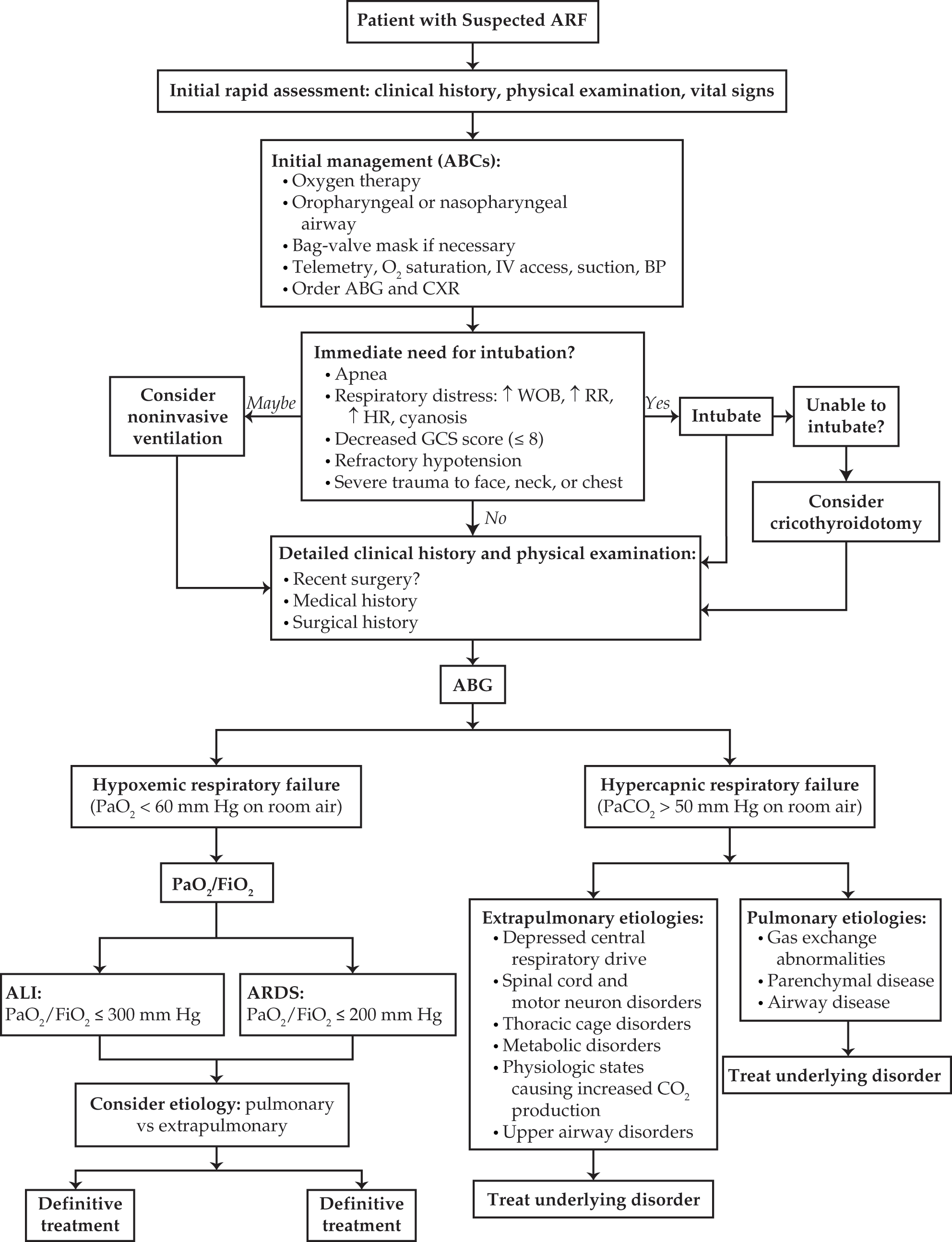
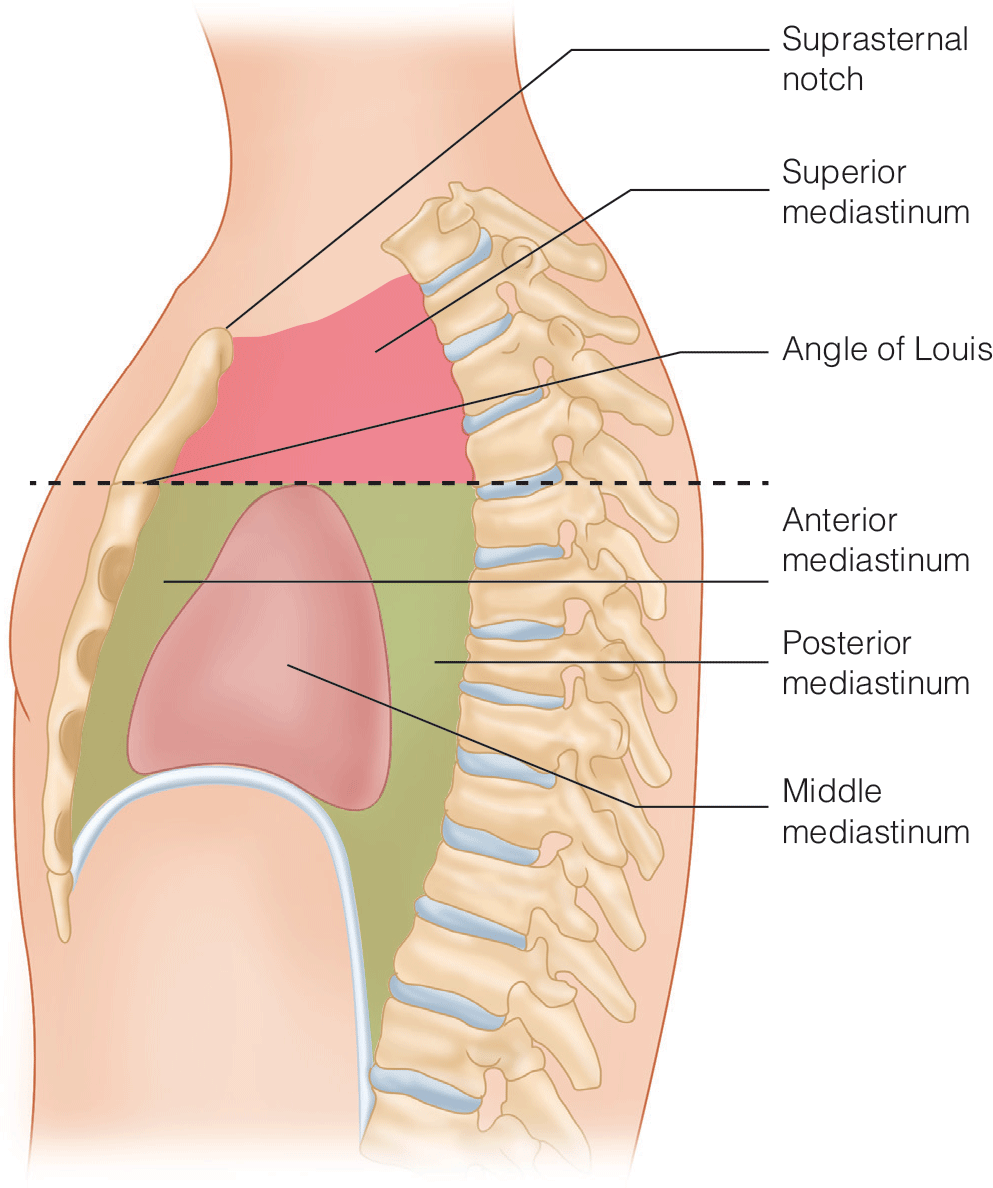
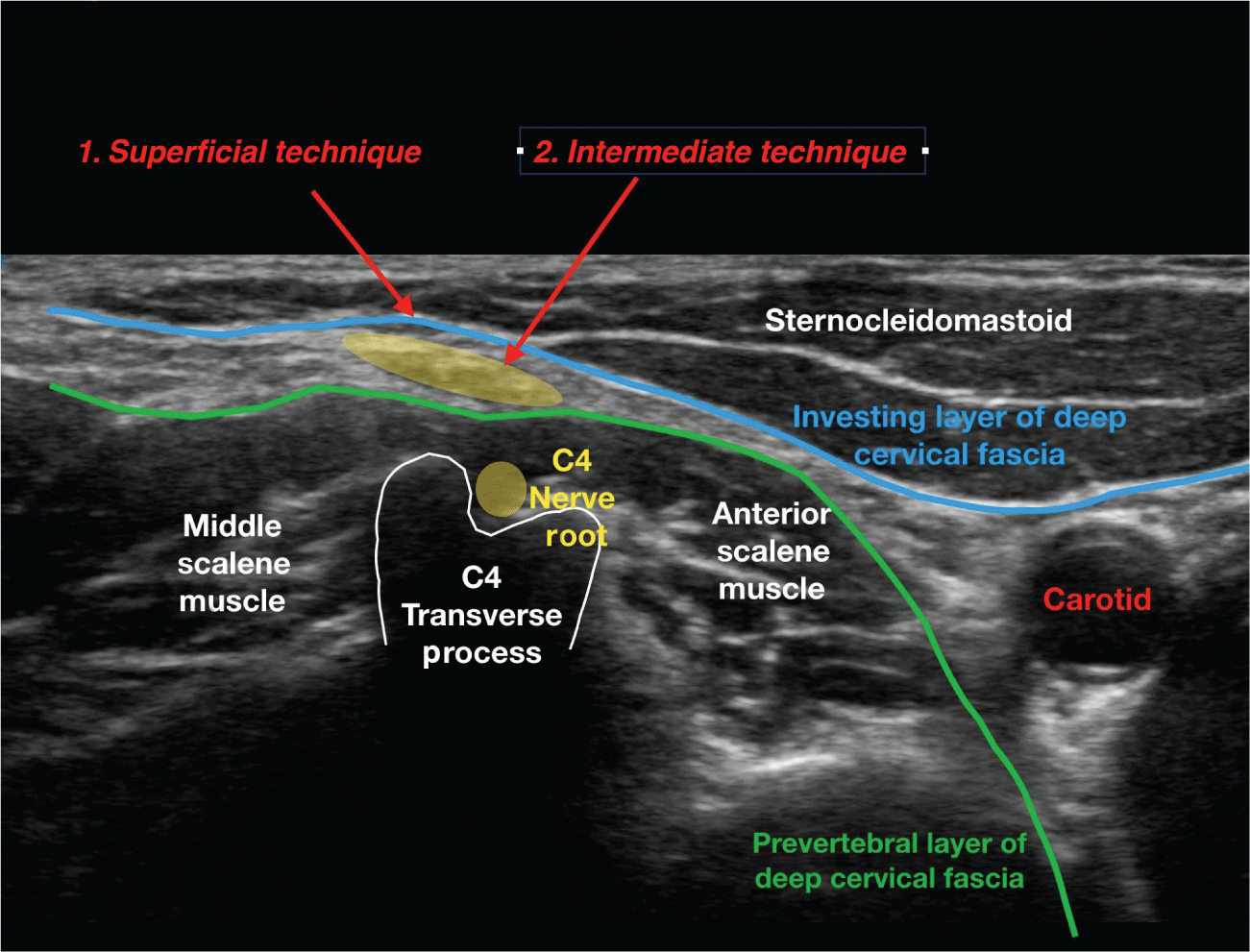


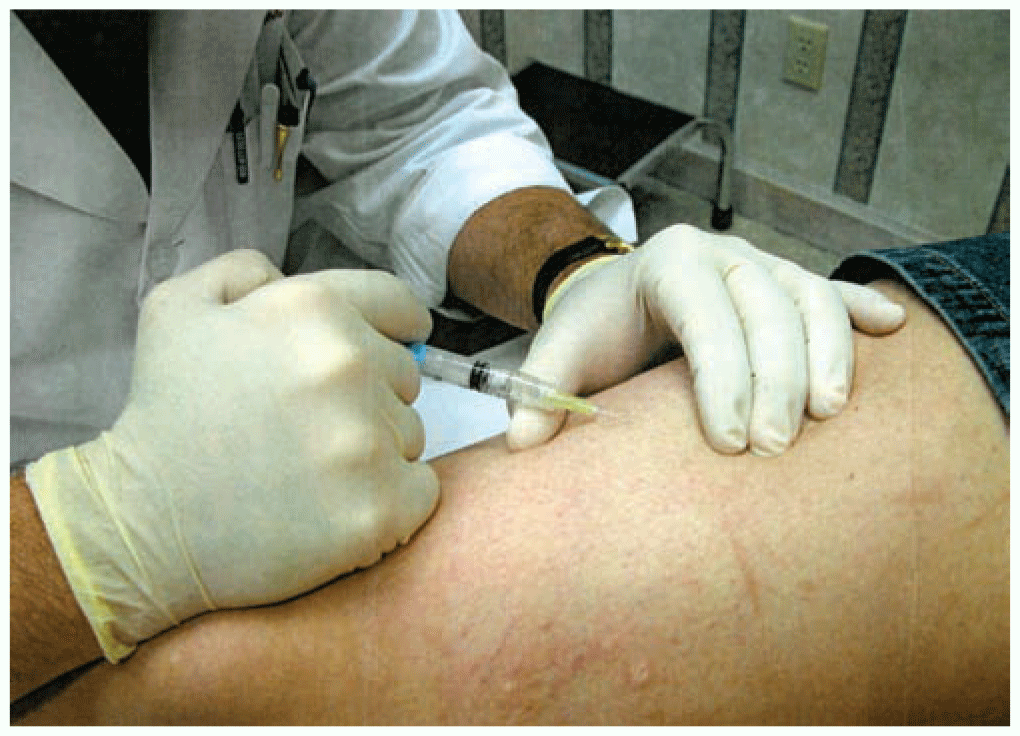


.png)







